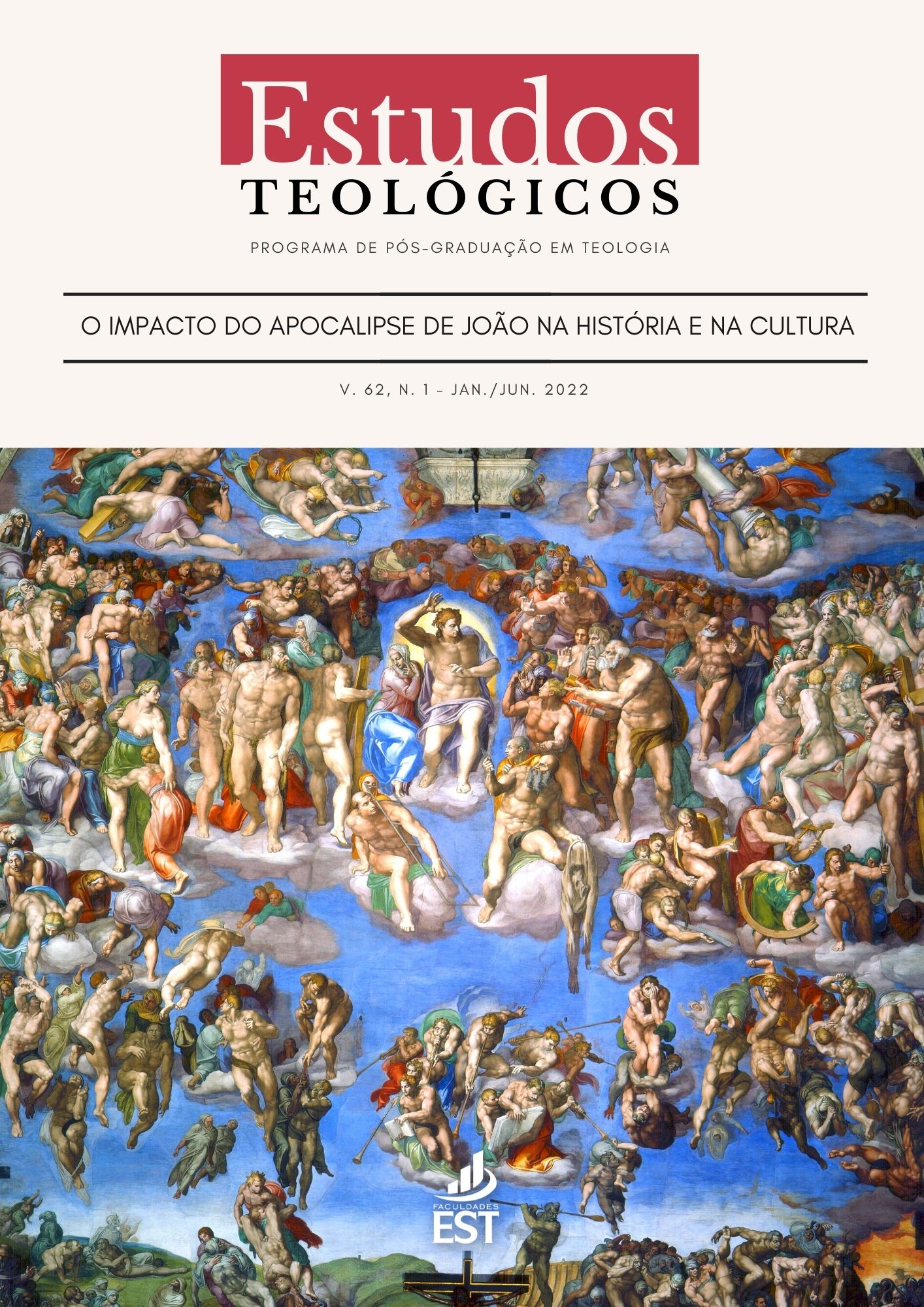Neither small talk nor the end of the road
towards a hermeneutic of language in end of the world songs
Keywords:
Apocalypse, Hermeneutics, End of the world, Lyrics and music, BrazilAbstract
This article discusses the apocalypse – particularly in its connotation of the end of the world rather than its technical connotation of revelation – through the lyrics of songs that are sung and heard in Brazil, both those of the popular culture and those that belong, especially, to evangelical hymns. Through a bibliographic-documental research and exploratory methods, our primary objective is to assess some subjective, religious, and social consequences of the multiple ways of believing in the end of the apocalyptic world and appropriating it. As for the specific objectives, the argument runs in two complementary directions: (1) identifying the socially shared knowledge in Brazil about the end of the world, through the lyrics of some songs, as well as understanding how the Brazilian people sing about the end of the world, with different answers to the same dilemma, from praying to embracing the most immediate pleasures; (2) based on Paul Ricoeur’s hermeneutics, investigating the possible intentions and consequences of interpretations in the songs of the end of the world. As a method, the concept of symbolic language is appropriated to explore how different interpretative possibilities carry out different forms of appropriation, for example, of John’s apocalyptic text, and imply models of opening or closing to other varieties of meaning. Paradoxically, the etymology of apocalypse, as revelation of (future) things through sacred texts, unveils symbols that bring meaning in themselves, but which also need to be thought about, as they remain open to the interpretive participation of those who read them (or listen to them).











